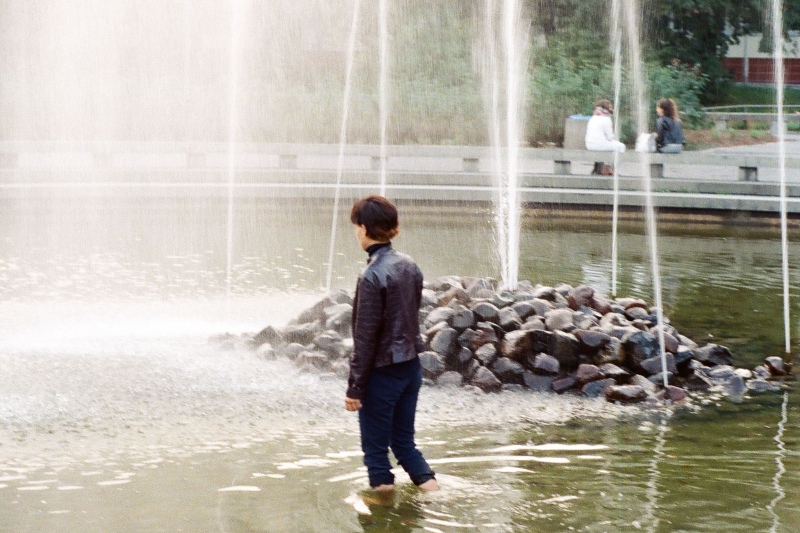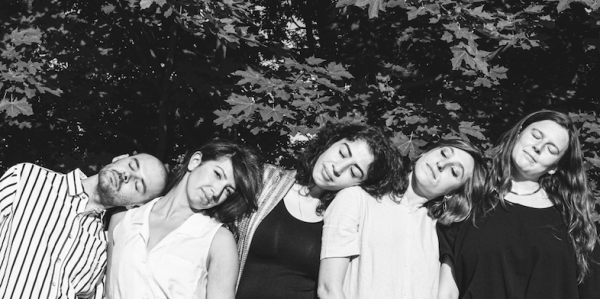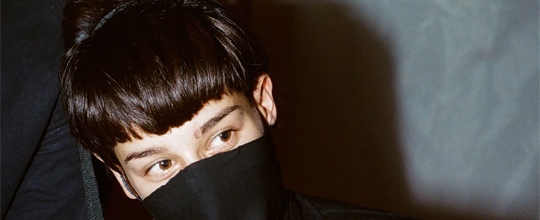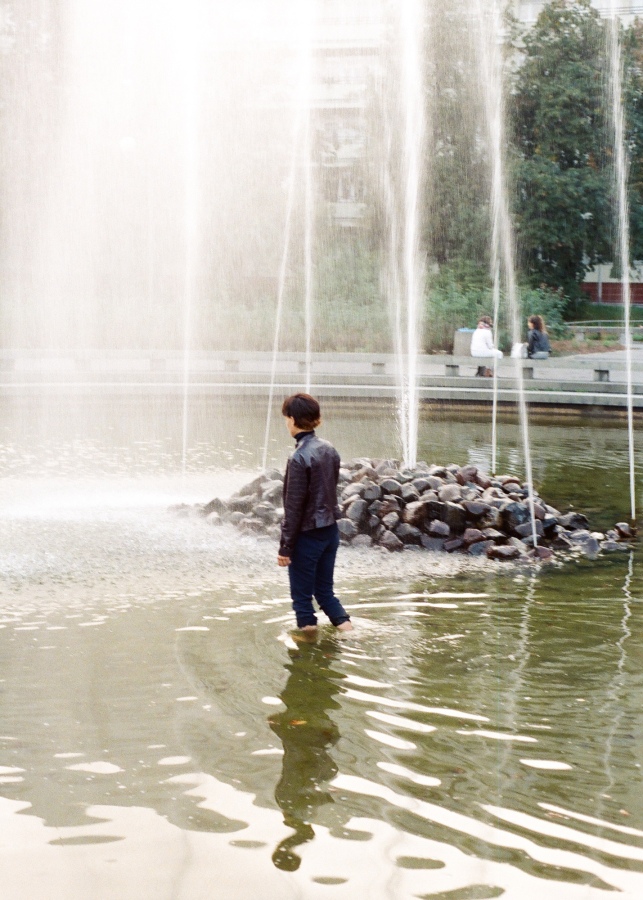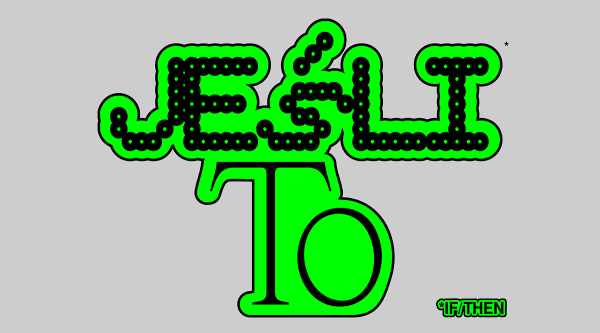Residents at U–jazdowski in autumn 2018
In autumn 2018, the Ujazdowski Castle Centre for Contemporary Art hosts a new group of artists in residence. Among them are winners of prestigious international competitions where the prizes included residencies at the U–jazdowski.
The Ujazdowski Castle Centre for Contemporary Art hosts annually more than 20 artists from all over the world for 1 to 6 months. Artists, curators, art collectives, live and work in studios in the Laboratory building and in the attic of the castle. In cooperation with the curators of U–jazdowski, they establish contacts with local artists, get to know the local art scene and carry out projects that are presented to the public in the form of exhibitions, performances and meetings.
In September, U–jazdowski will host Hila Amram, winner of the Keshet award for Israeli contemporary art creators, founded by the Bar-Gil Avidan family. As part of this award, the artist, in cooperation with Małgorzata Ludwisiak, director of the U–jazdowski, will work on an individual exhibition at the prestigious Herzliya Art Museum in Israel. Amram creates an art paralaboratory where she conducts research on issues from both scientific and non-scientific fields, including biology, chemistry, art and archaeology. Through them, the artist tries to undermine paradigms and practices common in particular fields of science.
One of the residencies at U–jazdowski was awarded to Nikita Kadan, winner of the Kazimierz Malewicz Award, one of the most important prizes for Ukrainian artists, presented every two years by the Polish Institute in Kiev. Kadan is a visual artist, painter, sculptor, author of installations. He is interested in the issues of collective memory and historical politics, their empowerment and influence on the practices of modernization, contemporary political events and capitalist society. His exhibition Burnt Archives will be on display at the Warsaw Gallery Weekend from 21 September at the Asymetria gallery.
In autumn, Graziela Kunsch, a Brazilian artist, educator and curator, will live and work at U–jazdowski. Last year, she received one of seven awards (residencies in Poland, the United States, Japan, Switzerland and Brazil) for the best work submitted to the Videobrasil Festival of Contemporary Art in São Paulo. Kunsch is socially involved in her projects, supporting the socially excluded and protesting against the changes taking place in Brazil. In her award-winning work, Escolas, she worked with junior high school students protesting against the new regulations in the education system introduced by the government in recent years. For her Ensaio Ilu Oba de Min she worked with the homeless of São Paulo during the carnival.
The work of another resident, Lithuanian Lina Lapelytė, is based on performance and rooted in music. Her works deal with pop culture, gender stereotypes, nostalgia and aging. During her stay at U–jazdowski she will work on a performance entitled Sun and Sea (by Lina Lapelytė, Rugilė Barzdžiukaitė, Vaiva Grainytė), which will be presented in the Lithuanian pavilion at the Art Biennale in Venice in 2019. Lapelyte will present her earlier work at the U–jazdowski exhibition, which opens on 25 October, Waiting for Another Coming.
The performative thread in the residency programme is also represented by Melisa Tun Tun – a Swiss artist whose latest projects have taken the form of performances, concerts and video installations. Tun Tun's artistic practice is built around the question of the possibility of positive disobedience and is based on the observations of the methodology of social movements, especially the so-called counter-movements. During her residency at U–jazdowski, she intends to study these issues in relation to the local context.
Residencies are an important element of the programme of the Ujazdowski Castle Centre for Contemporary Art. By giving artists a place and time to experiment, they enable the realization of bold and socially involved projects that would not have been created otherwise. Residential projects based on cooperation and long-term research often do not bring spectacular and immediate results, but they allow the institution to explore usually inaccessible issues and areas.
Hila Amram at U–jazdowski. Film: Marta Wódz
Lina Lapelytė at U–jazdowski. Film: Marta Wódz
Nikita Kadan at U–jazdowski. Film: Marta Wódz
Melissa Tun Tun at U–jazdowski. Film: Marta Wódz
Graziela Kunsch at U–jazdowski. Film: Marta Wódz
